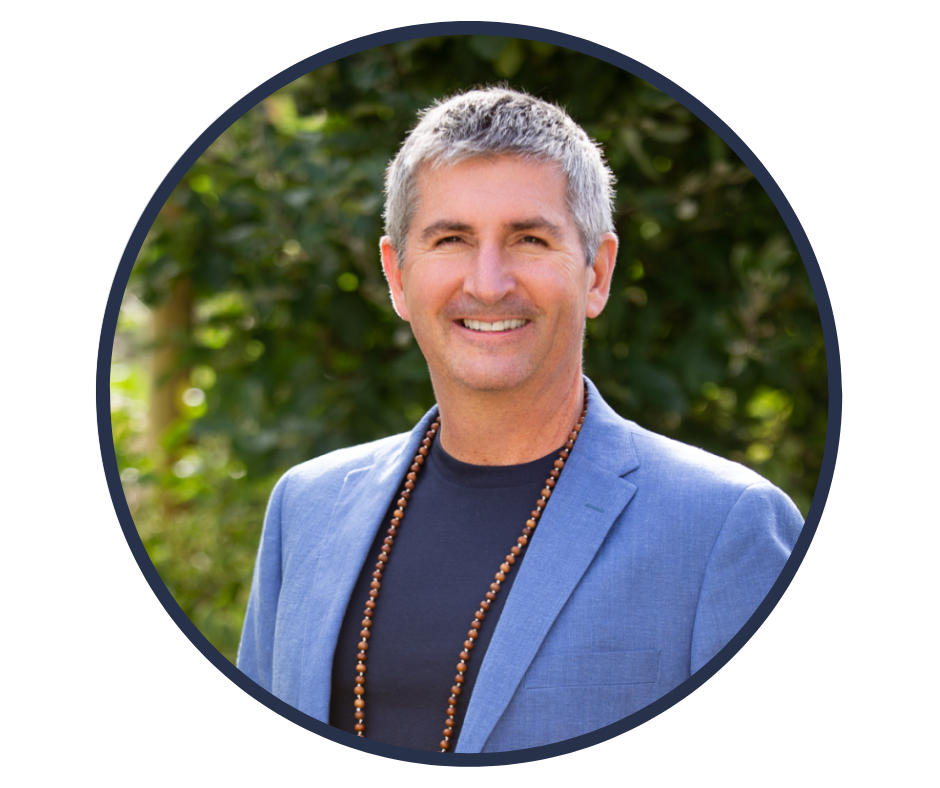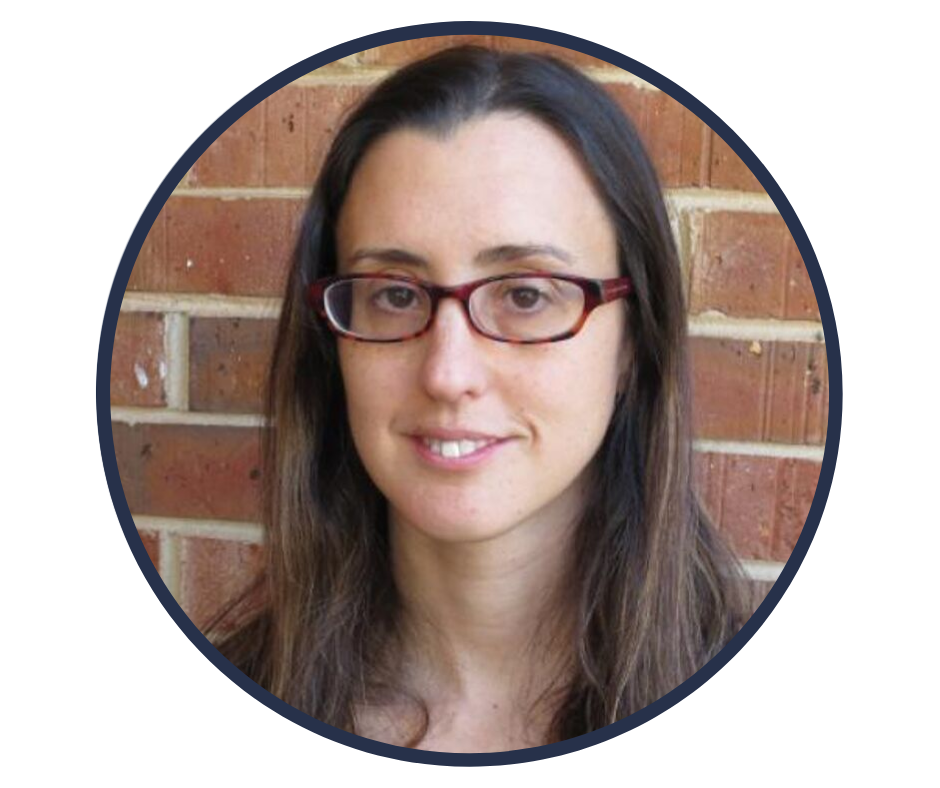Compassion in Pain Care

Compassion in Pain Care
This course includes
Overview
Compassionate pain care is more than just extending kindness toward people in pain.
It involves the dynamic process of gaining a more in-depth understanding of the needs of the person in pain and ourselves; then choosing the best responses, within the context of the situation.
Compassionate care also means having the skills to facilitate self-compassion in our patients and in ourselves.
Without compassion for the person in pain, we cannot form an effective therapeutic relationship. And without practicing self-compassion, it is difficult to continue helping people with this complex phenomenon of pain.
As healthcare providers, it is assumed we will provide ongoing compassionate care. However, research shows the capacity for providing and receiving compassion can vary and depend on many factors.
Fortunately, growing research also suggests compassion can be trained and can improve pain care and protect against practitioner burnout and empathic distress.
Join Shelly Prosko as she leads this online course. She will provide a guiding path to enhance compassion that can then improve pain care and the health and well-being of ourselves and those we serve.
Learning objectives
In this online course, we will:
- Describe components of compassion and self-compassion and their value in pain care for both the person in pain and the healthcare professional.
- Outline challenges and barriers we face that influence or inhibit our ability to offer and receive compassion.
- Understand contemporary views surrounding compassion fatigue and empathic distress.
- Learn practical tips and experience practices that prime for compassion and cultivate self-compassion that can be shared with patients and also immediately be integrated into your own daily home and workplace routine.
What you will learn can be effectively applied via virtual and in-person consults.
The instructors

PT, C-IAYT, PCAYT
Shelly has been helping people recover and flourish since 1998 as a physiotherapist, yoga therapist, educator, author and pioneer of PhysioYoga, blending evidence-informed body-mind-breath-spirit-heart centered practices and principles, such as yoga, into physiotherapy with a focus on chronic pain, pelvic health, compassion in healthcare and professional burnout. She is on faculty at several therapy programs, presents at medical conferences globally, contributes to academic research and writing, provides classes, courses and resources for the general population, and offers continuing education courses and mentorship for professionals.
She considers herself a lifelong student and emphasizes the immense value gained from clinical experience and learning from those she serves, the professionals she teaches, and the colleagues with which she collaborates.
Shelly is the co-editor/author of the book Yoga and Science in Pain Care: Treating the Person in Pain and has authored numerous book chapters in a variety of rehabilitation textbooks.
She maintains a clinical practice in Sylvan Lake, Alberta and believes compassion (including self-compassion), meaningful connections, spending time in nature and sharing joy are powerful contributors to rehab and well-being.
Visit www.PhysioYoga.ca to learn more.

PT, MSc(RHBS), BA-BPHE, C-IAYT, ERYT500
Neil is a physical therapist, yoga therapist, author, researcher, Clinical Associate Professor at the University of British Columbia, faculty in three IAYT-accredited yoga therapy programs, board member for the International Association of Yoga Therapists and pain care advocate. He conducts research into the effects of yoga on veterans with chronic pain and people with osteoarthritis. Neil is the recipient of awards honouring his work in pain care, patient education and physiotherapy by Queen’s University, the Canadian Pain Society and both provincial and national physiotherapy associations, including the Canadian 2021 Medal of Distinction.
Neil is a consultant to Partners in Canadian Veterans Rehabilitation Services, and to Lifemark’s 300+ clinics in Canada. Neil is a past board member for Pain BC, Canada’s premier non-profit transforming the way pain is understood and treated. He co-authored – Yoga and Science in Pain Care 2019, authored the patient education ebook, Understand Pain Live Well Again in 2008, and is lead contributor to many free patient resources offer by Pain BC.
For more information and course offerings, see www.paincareaware.com

MPT, C-IAYT
Marlysa is a physiotherapist and yoga therapist with over 15 years of experience working with people suffering with chronic pain conditions. She is an Assistant Professor in Yoga Therapy and Integrative Health Sciences at Maryland University of Integrative Health and holds an adjunct position at Emory University, where she teaches the integration of yoga and mindfulness into physical therapy practice in the DPT program. She is also the author of Understanding Yoga Therapy: Applied Philosophy and Science for Well-being and co-editor of Yoga and Science in Pain Care: Treating the Person in Pain as well as several peer-reviewed articles.
Marlysa has been involved in the professionalization of the field of yoga therapy through the educational standards committee of IAYT, which helped to define the competencies for the field, and in characterizing the yoga therapy workforce through research. Her research interests focus on defining the framework and explanatory model for yoga therapy based on philosophical and neurophysiological perspectives.
Material included in this course
-
Yoga and Science in Pain Care Chapter 14: Compassion in Pain Care
-
Introduction
-
Centering Practice
-
Response to Practice
-
Self-Compassion Practice
-
Barriers to Compassion
-
Predictors to Compassion
-
Compassion is Trainable
-
Is It Possible to Have Too Much Compassion?
-
Conclusion
-
Feedback
Is this course part of a series of courses?
Yes, this individual course is part of a larger series: The Yoga and Science in Pain Care Book Club Series. You can choose to register for this individual session or you can register for the entire series at a discount. Click here to learn more and register for the entire Yoga and Science in Pain Care Book Club Series.
Is a certificate of completion included with this course?
Once you have completed the course, a certificate of completion (including learning hours and course information) will be generated. You can download this certificate at any time. To learn more about course certificates on Embodia please visit this guide.
This can be used for continuing education credits, depending on your professional college or association. If this course has been approved for CEUs in specific jurisdictions, it will be noted on the course page and CEU information may be added to your course certificate. Please read this guide for more information.
Is the Course Eligible For CEU's?
The answer is dependent on your profession and geographic location of practice.
For Canadian Physiotherapists, this course counts towards your learning hours and professional portfolio.
For Physical Therapists in the U.S., you can find all Licensing Authorities Contact Information by going here. Many states accept an individual's application for CEUs by submitting the course syllabus, instructor information, receipt showing payment, and course certificate.
For other professions and jurisdictions, please submit the course description, learning objectives, and instructor bios we have provided to your professional body to review.